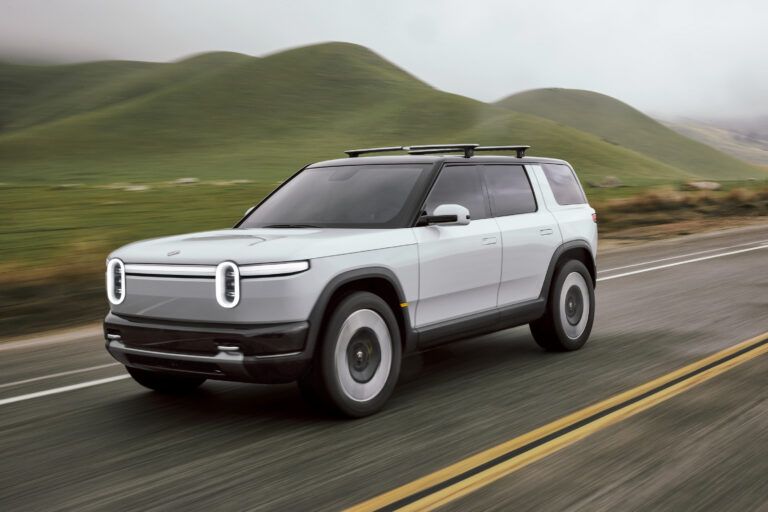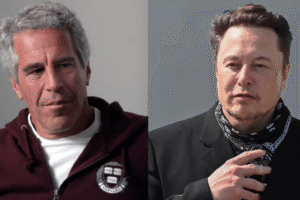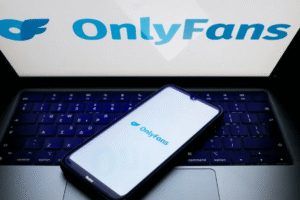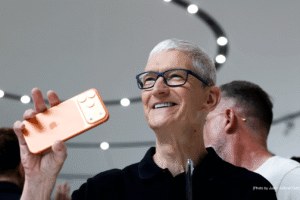
Rivian Secures $1B from Volkswagen Amid Sales Decline and Policy Headwinds
A deep dive into how the EV startup navigates losses, partnerships, and regulatory risk in 2025
Electric vehicle maker Rivian has secured the next $1 billion tranche from its multi-billion-dollar partnership with Volkswagen, even as the company battles a sharp dip in sales and growing economic pressure from evolving U.S. trade policies. The milestone-based payout is part of a technology joint venture between the two automakers, now valued at up to $5.8 billion, designed to accelerate the software and electrical architecture integration for future EV platforms.
The announcement comes at a precarious time for Rivian. In the second quarter of 2025, the company delivered 10,661 vehicles—a 23% decline compared to the same period last year. While it represents a modest recovery from its Q1 output of 8,640 units, the broader trend is clear: demand is softening, and macroeconomic forces are taking a toll. Rivian has already lowered its annual delivery guidance, now projecting between 40,000 and 46,000 EVs in 2025. Even the high end of that range would mark a drop from the company’s performance in the previous two years.
A key factor impacting Rivian’s sales trajectory is the ripple effect of President Trump’s renewed tariff and trade policies, which have raised the cost of EV production. Compounding the pressure is the proposed “One Big Beautiful Bill,” which this week cleared the Senate and moved back to the House. If passed in its current form, the bill will eliminate the $7,500 federal EV tax credit by September 2025, reducing consumer incentives at a critical time for the entire EV market.
Despite these setbacks, Rivian’s partnership with Volkswagen remains a strategic bright spot. The recent $1 billion injection was unlocked after Rivian posted its second-ever gross profit in Q1—achieved largely through a two-year redesign effort aimed at simplifying production of its R1T pickup and R1S SUV. While the cost savings improved unit economics, Rivian remains unprofitable overall and is betting heavily on its upcoming R2 SUV, slated for release in 2026, to broaden its customer base with a more affordable product line.
Under the joint venture, Rivian contributes engineering talent, software, and platform expertise. Volkswagen will leverage these assets to modernize its own EV roadmap, marking a rare cross-continental collaboration aimed at surviving and thriving in a cooling electric vehicle market.
The question now is whether Rivian can ride out short-term volatility—tariff disruptions, falling incentives, and weaker demand—long enough to reach the scale needed for profitability. As the EV landscape consolidates, strategic capital infusions and global technology partnerships may become the differentiators that separate winners from the rest.
Explore Business Solutions from Uttkrist and our Partners, Pipedrive CRM and more: uttkrist.com/explore



